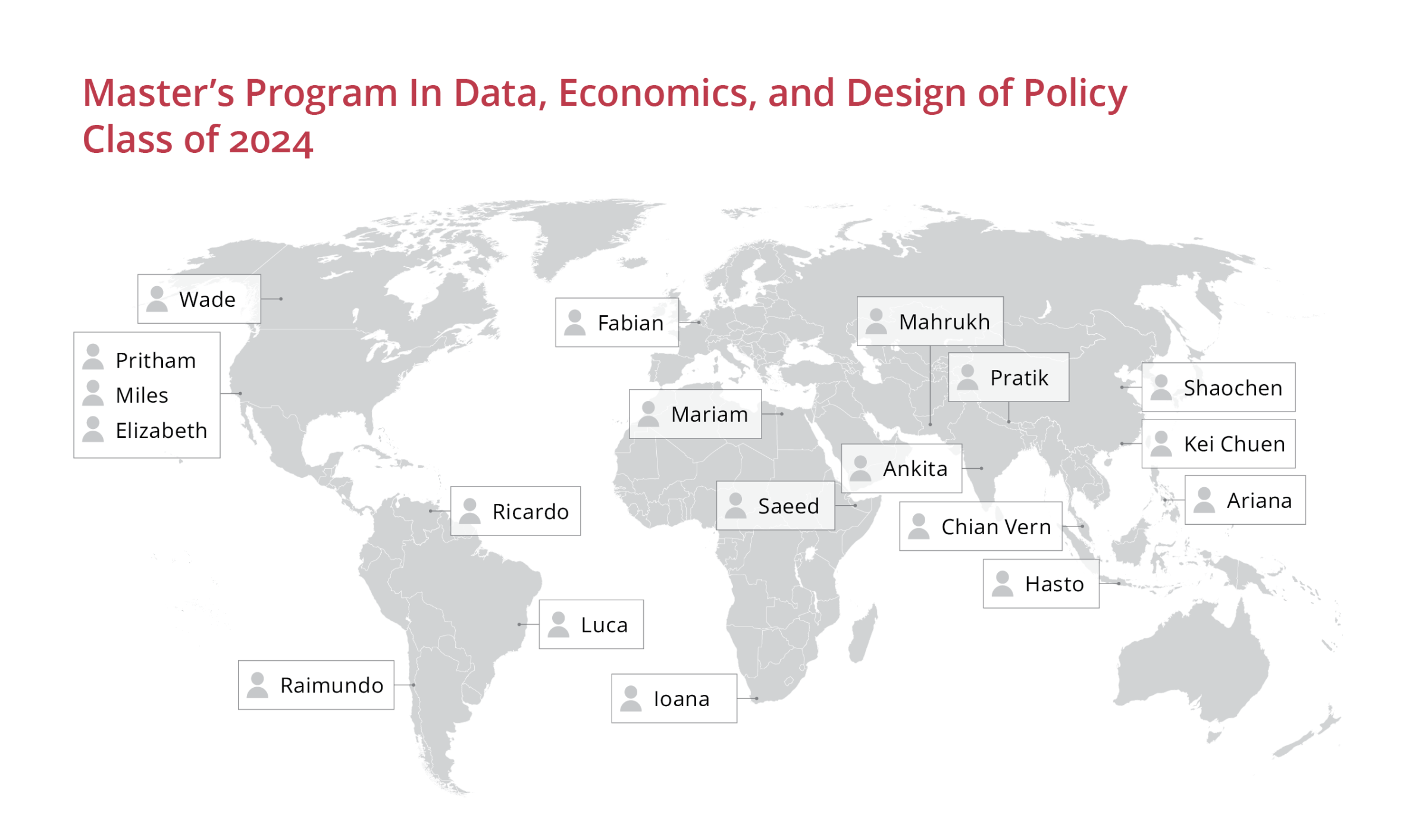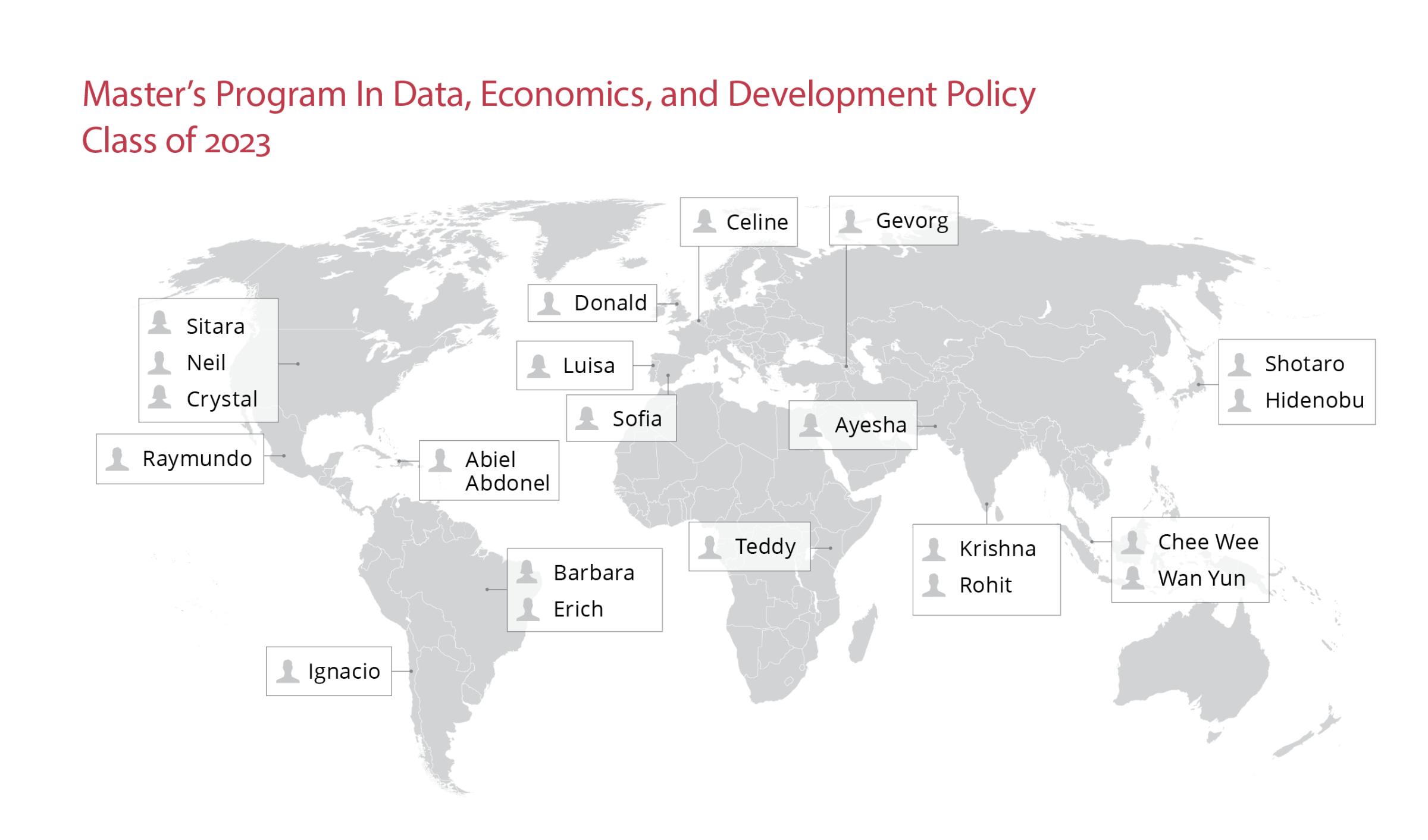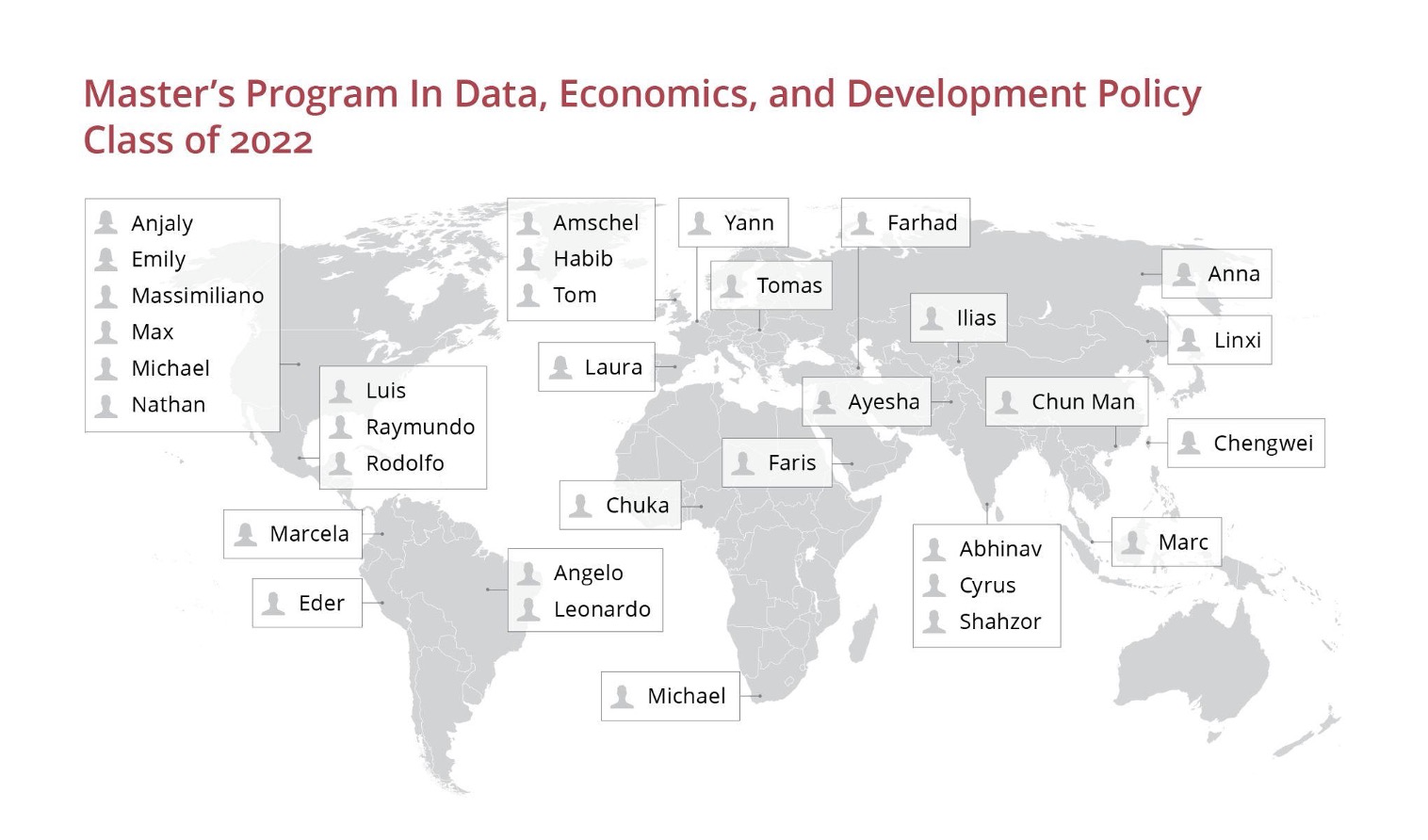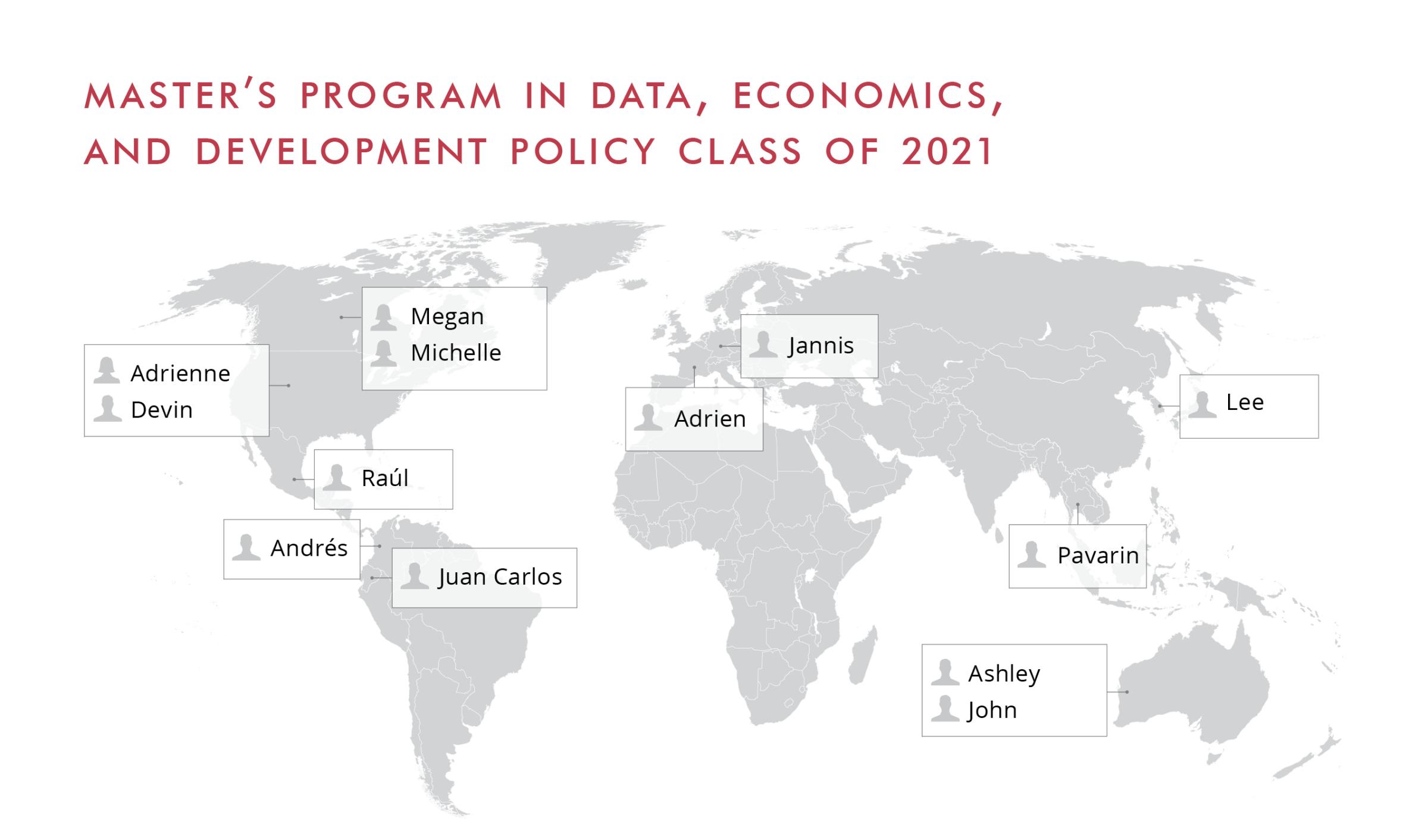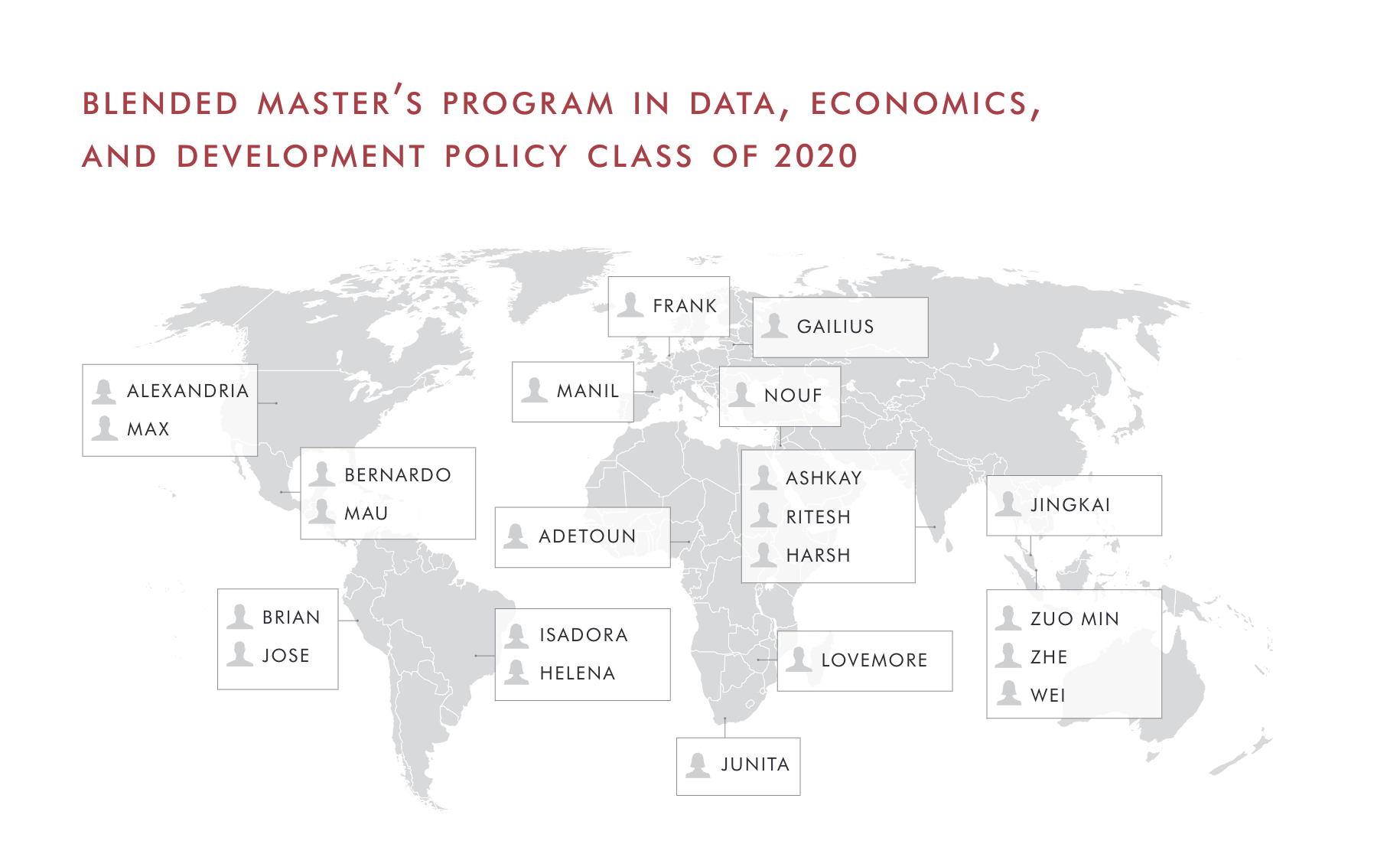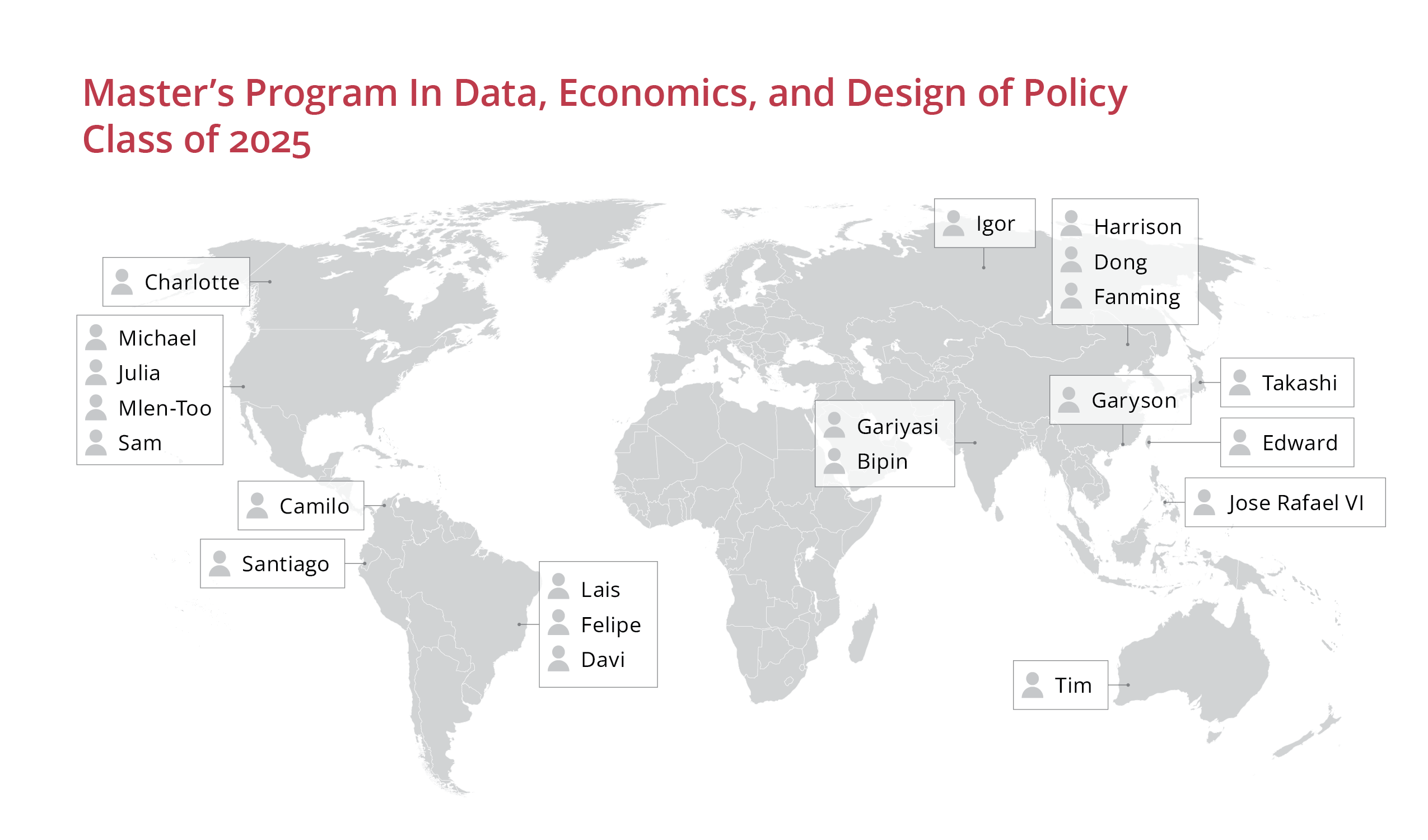
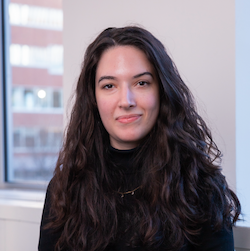
Laís Bartalotti
Home country: Brazil
Research interests: Public policy, econometrics, education, innovation
When I enrolled in the MicroMasters courses as a recent graduate, my primary goal was to gain more quantitative skills, particularly in statistics and econometrics. My favorite MicroMasters course was 14.310x: Data Analysis for Social Scientists. I found the courses highly stimulating, especially how they combine a data-driven and quantitative approach to development issues with practical methods and evaluation. Before coming to MIT, I worked at a consulting firm as part of the macroeconomics team and previously at the Research Department in the Central Bank of Brazil. In the future, I hope to apply my knowledge in research to address development challenges and eventually pursue a PhD.
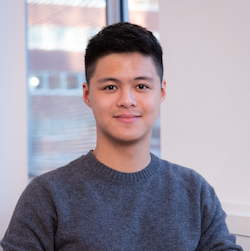
Ji-Shiang (Edward) Chen
Home country: Taiwan
Research interests: Applying economic theory and empirical evidence to inform development policies aimed at enhancing digital capacity across sectors
My curiosity in data analytics has led me to work across various sectors. As a research assistant, I analyzed the impact of digital learning platforms on students’ academic performance in marginalized communities and examined how women’s bargaining power influences children’s well-being in developing countries. Additionally, I worked as a data analyst in the financial sector, supporting digital transformation and database migration processes. Upon completing the MicroMasters program, I realized the significant potential of combining data analytics with economic theory to drive evidence-based policymaking. My goal is to apply these skills to combat poverty in developing countries by enhancing digital capacity, especially in the public, education, and healthcare sectors to enable more cost-effective operations and improve development policy solutions for underserved communities.
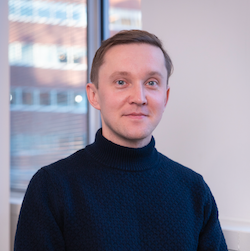
Igor Chirikov
Home country: Russia
Research interests: Education policy, technology in higher education, randomized controlled trials
I serve as the SERU Consortium Director and Senior Researcher at UC Berkeley’s Center for Studies in Higher Education, where I focus on leveraging data on student experiences in the United States and internationally to improve student outcomes at scale. My primary research interest lies in exploring the potential of technology to drive positive change in higher education. I joined the DEDP program to build on my sociology background and deepen my expertise in economics, with a particular focus on causal inference and evidence-based policy analysis. At MIT, I look forward to connecting with faculty and J-PAL researchers to explore innovative approaches to randomized controlled trials and quasi-experimental methods. After completing the program, I plan to expand my research agenda by designing and evaluating interventions that enhance student learning, equity, and well-being. My ultimate goal is to help transform higher education institutions into engines of economic mobility and opportunity on a global scale.
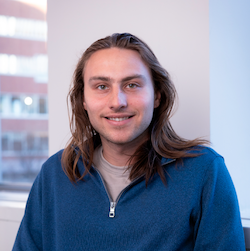
Michael Cleary
Home country: USA
Research interests: Education, human capital development
I've been working in education and mentorship programs ever since I helped start an after-school math tutoring program in high school. My interest in the economics of education grew through the lens of RCT-based research, which motivated me to pursue the MicroMasters courses to build a stronger technical foundation. I particularly enjoyed the data science focus in the courses, as it was my first formal experience coding in R – a skill that has proven useful in various contexts. After completing the program, I aim to work in education research and possibly pursue a PhD.
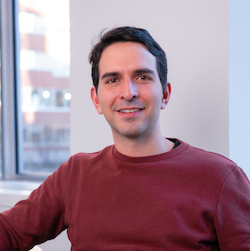
Camilo Franco
Home country: Colombia
Research interests: Energy transition, market-driven approaches to sustainability (e.g., carbon credits), infrastructure development, cost effectiveness in public projects
I have over a decade of experience in investment banking, specializing in infrastructure development and asset management. During this time, I earned the CFA designation, which further deepened my expertise in financial analysis and decision-making. Throughout my career, I have worked closely with public and private stakeholders, which sparked my interest in understanding the broader economic and social impacts of infrastructure projects. This led me to pursue the DEDP MicroMasters, where I particularly enjoyed the course Political Economy and Economic Development. The course deepened my understanding of how institutions and policies shape economic outcomes and reinforced my commitment to evidence-based decision-making. After completing the DEDP program, I aim to contribute to impactful infrastructure policies in Colombia that promote economic growth, sustainability, and equitable development.
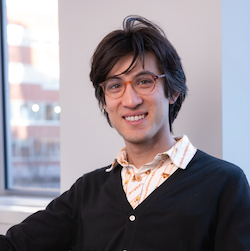
Samuel Galler 黃善銘
Home country: United States
Research interests: Causal inference, statistics and machine learning, data science, economics, finance, global health
My primary interests lie at the intersection of causal inference, statistics, and the social sciences. I am excited to return to the international development sector, building on my previous experience conducting qualitative research on Chinese civil organizations. My professional background includes roles as a quantitative research manager at Two Sigma, as a strategy consultant for philanthropic foundations at Redstone Strategy Group, and a postdoctoral fellow at Tsinghua University. At MIT, I’m looking forward to learning from the inspiring DEDP faculty and classmates!
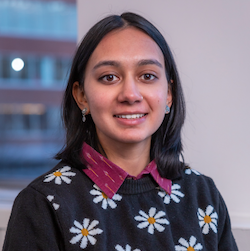
Gariyasi Garg
Home country: India
Research interests: Political economy, migration, social networks, and labor economics
I pursued the MicroMasters because I was curious about development economics and couldn’t wait until my third year of university to begin exploring it. Then, my research journey started as a research assistant under Prof. Niclas Moneke at the University of Oxford, followed by my work under Prof. Rohini Pande at Yale’s Economic Growth Centre, where I focused on financial inclusion for women and conducting fieldwork in India. Most recently, I worked as an Economist at the Foundation of Digital Economy and Interoperability in Bangalore, exploring how digital infrastructure can drive inclusive economic growth. I am passionate about leveraging technology, evidence-based policy, and institutional design to drive large-scale social change, with a focus on empowering women in the Global South.
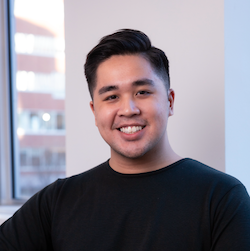
Jose Rafael "Jorrel" Jereza
Home country: Philippines
Research interests: Education, labor, transportation, welfare
I graduated with a bachelor's degree in economics and started my professional career in asset management. I discovered the DEDP program when I was looking for data science and statistics courses online. After completing 14.310x, I was inspired to pursue the entire MicroMasters program. Among the courses I took, Good Economics for Hard Times resonated with me the most. When I began the course, the Philippines had just concluded its divisive 2022 presidential elections with voters split into two fiercely opposing camps. The course immediately addressed this issue of polarization and explored how economists can help bridge such divides. It also emphasized that good economics is thorough, open to correction, and places human dignity at its core. At MIT, I'm excited to learn from world-class faculty and a diverse cohort of peers while equipping myself with the skills necessary for rigorous, evidence-based research. After the program, I aspire to work at a multilateral and create meaningful change in the Philippines.
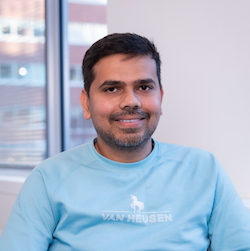
Bipin Kumar
Home country: India
Research interests: Public policy analysis using econometrics and machine learning
I am a civil servant specializing in indirect taxation in India. My academic background in engineering, combined with field experience as a civil servant, inspired me to join the Tax Policy Research Unit at the Ministry of Finance. In this role, I worked with extensive administrative taxation data to provide data-driven policy recommendations. To deepen my expertise in public policy research, I pursued the DEDP MicroMasters, which enhanced my quantitative skills and fueled my interest in probability and statistics. At MIT, I aim to explore the intersection of econometrics, machine learning, and public policy. My goal is to apply these insights to policymaking within the Indian government. I am also excited to learn from the diverse experiences and perspectives of my peers and to gain valuable insights from MIT’s faculty.

Chenghao (Harrison) Li
Home country: China
Research interests: Economic development, industrial organization, political economics, public policy, game theory
My background in economics, mathematics, and philosophy equips me to conduct interdisciplinary research, particularly in economic development and public policy. Research trips to places with extreme poverty inspired me to pursue the MicroMasters program to deepen my understanding of data analysis and randomized evaluations in nutrition, education, and health– critical areas for improving well-being in poverty-stricken regions. Among the MicroMasters courses, Political Economy and Economic Development stands out as my favorite, as I find mathematical models with applications through econometric analysis particularly engaging. I have also worked as a teaching assistant for industrial organization courses and as a research assistant on related projects. After completing the program, I plan to engage in research, focusing on the link between industrial organization and economic development.

Dong Liu
Home country: China
Research interests: Consumer behavior, behavioral economics, ethics and AI, technological development, and future technology
I hold a bachelor's degree in a program that integrates electronics and computer science, which has provided me with strong skills in utilizing AI technologies and applying physical theories. I was drawn to the MicroMasters program for its mission to promote better development in low-income countries, and I hope to contribute to this mission by helping more people improve their quality of life. My research interests lie at the intersection of consumer behavior and technological development. I am fascinated by the future of science and technology and aspire to address important, unresolved challenges. After completing the DEDP program, I plan to pursue a PhD and conduct research to benefit people worldwide.
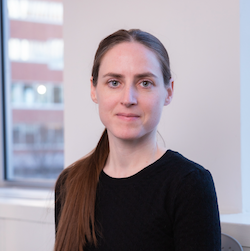
Charlotte Maus
Home country: Canada
Research interests: Education policy and Creole language planning to improve educational outcomes in the Caribbean. Applied statistics for evaluating migration and urban development policy impacts in Haiti and Jamaica.
My research interests focus on education policies, language planning, and linguistic discrimination in Creole-speaking contexts in the Caribbean, specifically exploring the potential of Creole mother tongue instruction to improve educational outcomes. I hold a Bachelor’s degree in History from Paris 1 Panthéon-Sorbonne University and a Master’s degree in Heritage Studies from The University of the West Indies in Jamaica, with a research focus on Saint Lucian Creole cultural heritage. I am also interested in the impacts of migration, internally displaced people, and urban development policies, both contemporary and historic, on outcomes in Haiti and Jamaica. My professional background spans museum and translation work, as well as experience in educational programming. I have worked in museums in both Canada and Jamaica, where I was involved in content writing, research coordination, and providing French translation for exhibition projects. Before coming to MIT, I completed courses in economics and data science, and gained experience with statistical software for data analysis. I was drawn to the DEDP MicroMasters to deepen my knowledge of econometric techniques and strengthen my statistical programming skills. I particularly enjoyed the MicroMasters course Data Analysis for Social Scientists and the advanced development economics electives. After graduation, I hope to work in policy evaluation for an organization that collaborates with local agencies on data-driven policymaking.
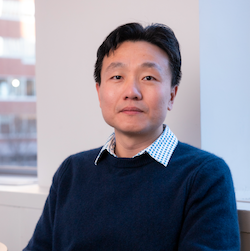
Fanming Meng
Home country: China
Research interests: Political economy, migration policy, exchange rate, digital currencies
I came across the MicroMasters Program while searching online for new professional development opportunities and was instantly hooked by the program’s engaging topics and innovative course delivery. I particularly enjoyed the course Political Economy and Economic Development which provides basic theoretical framework and technical tools to understand the different development levels among countries. With considerable experience in both operations management consulting and law, I am accustomed to applying problem-solving skills to organizational and societal problems and appreciate the program’s focus on using data-driven, evidence-based approaches to tackle important development challenges. At MIT, I am interested in policy design and evaluating its impact, and I am excited to learn more about development economics from top-tier faculty and fellow students from all over the world.
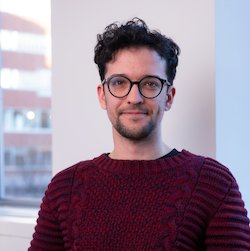
Felipe Oliveira
Home country: Brazil
Research interests: Poverty alleviation, education access, causal inference
While pursuing my Bachelor's in Computer Science and Economics at Minerva University, I took a class on impact evaluation, which sparked my passion for using data to measure policy impact. Around the same time, I read Poor Economics which illuminated the inefficiencies of many poverty relief programs and emphasized the critical role of an empirical approach to development. After graduating, I worked as a Data Scientist building machine learning models to track physical assets in the retail space. This role involved designing and running experiments to establish causality, often in observational settings. My experiences working with data in both the nonprofit and technology sectors strengthened my belief that evidence-based decision-making is key to breaking poverty traps. Motivated by this conviction, I enrolled in the MicroMasters program, where my favorite course was Foundations of Development Policy. After MIT, I plan to work for a nonprofit or international organization to design and evaluate programs aimed at improving educational outcomes and reducing poverty worldwide.
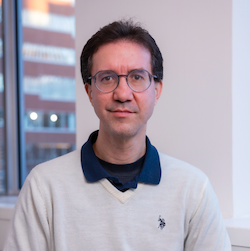
Davi Augusto Oliveira Pinto
Home country: Brazil
Research interests: Public policy, poverty alleviation, international trade, financial diplomacy
I have been a Brazilian career diplomat for over two decades, with postings in Argentina, Italy, Spain and Uruguay. I hold a degree in Economics from Universidade Federal de Minas Gerais (UFMG), a Master’s in Public Policy at Brazil’s Escola Nacional de Administração Pública (Enap), and have published prize-winning research on Brazil's participation in the Bank for International Settlements (BIS). Additionally, I have taught Economic Diplomacy at Instituto Rio Branco. In my most recent job at Brazil’s Ministry of Foreign Affairs, I led the unit responsible for representing Brazil in trade disputes at the World Trade Organization (WTO). Seeking to review foundational concepts and refine my analytical skills, I was drawn to the MicroMasters courses. My favorite course, Data Analysis for Social Scientists, reinforced the critical importance of interpreting data correctly in a world where information is increasingly abundant. While at MIT, I hope to deepen my academic perspective and further enhance my contributions as a public servant. I look forward to learning from high-caliber faculty and exchanging ideas with my peers from diverse and multicultural backgrounds.
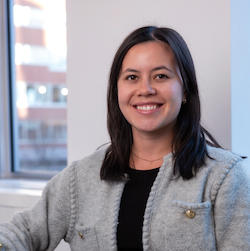
Julia Olson
Home country: United States
Research interests: Behavioral economics, financial inclusion, education
I studied Economics, Spanish, and Computer Science in college before joining the Peace Corps as a Community Economic Development Advisor in the Dominican Republic. For the past seven years, I have lived in the DR, working on USAID-funded projects aimed at expanding access to higher education and increasing opportunities for youth. I was drawn to the MicroMasters program to gain a more technical and scientific foundation for strengthening development work. During the program, I particularly enjoyed the Political Economy course, where I explored the complex relationship between institutions, colonialism, and economic development. After DEDP, I plan to return to the Dominican Republic to establish a consulting firm dedicated to helping the local government and NGOs design and implement evidence-based policies and programs to promote financial inclusion, access to education, and economic development.
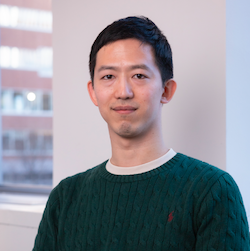
Takashi Usami
Home country: Japan
Research interests: Urban development, transportation and infrastructure, and public policy
Before coming to MIT, I worked for Japan’s Ministry and JICA, its bilateral development agency. My role involved formulating and implementing economic policies with South Asian countries, such as India-Japan CEPA, and funding transportation and infrastructure projects in South Asia and Southeast Asia. Through discussions with government officials, I recognized opportunities to improve policies and projects by using data and economic insights. This realization led me to join the MicroMasters program to deepen my knowledge in this field. I was thrilled to discover that the courses provided valuable empirical knowledge, and strengthened my understanding of different economic policies. I’m looking forward to the learning experience at MIT and life with my family in Cambridge.
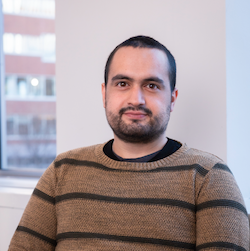
Santiago Valdivieso Puertas
Home country: Ecuador
Research interests: Social policy, cash transfers, poverty, and the intersection between economics and psychology
In the midst of a pandemic and the hype around online courses, I enrolled in Challenges of Global Poverty. I loved it– the course inspired me and called me to action. Even before finishing the course, I was already thinking about how to evaluate innovative interventions in my context. This motivation naturally led me to the public sector and academia, where I have sought opportunities to promote public policies rooted in evidence, data, and innovation. Over time I’ve realized that achieving profound and sustainable change requires not only rigorous analysis but also advocating for justice and dismantling myths that perpetuate stigma around poverty. After MIT, I hope to advance powerful ideas grounded in evidence and a sense of justice. My focus will be on tackling some of the most pressing issues of our time: poverty, adaptation to AI, and climate change.
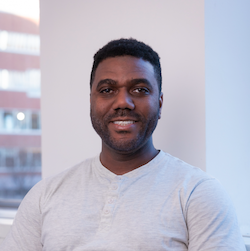
Mlen-Too Wesley
Home country: Liberia
Research interests: Context-sensitive solutions at the intersection of economics, data science, machine learning, technology, and governance
My early life experiences as a refugee fostered a deep connection to Africa and motivated my return, where I worked as a software developer, tech entrepreneur, and economic policy advisor. During my time in the development sector and within government, I was involved in planning and infrastructure projects. These experiences provided me with a unique perspective on the country’s challenges as both a local and an outsider, but also left me searching for a way to make sense of it all. The MicroMaster’s program, along with Poor Economics, provided a framework for me to connect the dots. The courses helped me explore the rationality behind seemingly counterintuitive behaviors in low-resource environments. My favorite courses were Data Analysis for Social Scientists and Political Economy and Economic Development. In the master's program, I aim to deepen my skills in data science and quantitative economics. I’m particularly interested in applying machine learning and NLP for information extraction and retrieval in development contexts. My goal is to create impactful, data-driven solutions that leverage AI for evidence-based decision-making while remaining culturally sensitive and appropriate for low-resource settings. After DEDP, I aspire to bridge the gap between research and practical policymaking, contributing to innovative approaches that improve the lives of vulnerable populations in low-income countries.
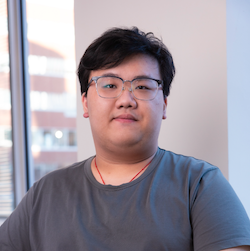
Ching Hin (Garyson) Yang
Home country: Hong Kong
Research interests: Political economy, public policy, behavioral economics
I stumbled across the course on edX (before it moved to MITx) in high school. Although I started the course back then, I only managed to finish them later during university. My favorite courses were Good Economics for Hard Times and The Challenges of Global Poverty, which deepened my passion for understanding global issues and innovative solutions. Looking ahead, I hope to continue on the research path, pursue a PhD and research, and address pressing challenges facing the world. My goal is to devise creative solutions and fuel my unrelenting curiosity through meaningful research.
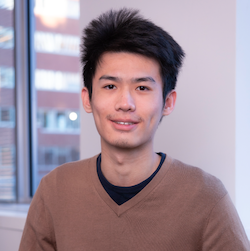
Tim Zhuo
Home country: Australia
Research interests: Economics, causal inference and experiments
Understanding the forces and factors that shape our world has always been a driving passion of mine. This passion led me to discover the MicroMasters program. My favorite course, Good Economics For Hard Times, inspired me to deepen my understanding of economic policies and their potential to improve outcomes. I am particularly interested in exploring economic outcomes to identify their underlying determinants and find opportunities for meaningful improvements. Before DEDP, I studied actuarial science and data analytics, which provided me with strong analytical and problem-solving skills. I am excited to continue learning about economics and causal inference at MIT. After DEDP, I hope to apply what I’ve learned to make a meaningful impact in the world.
